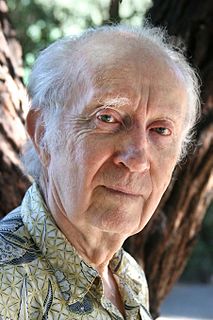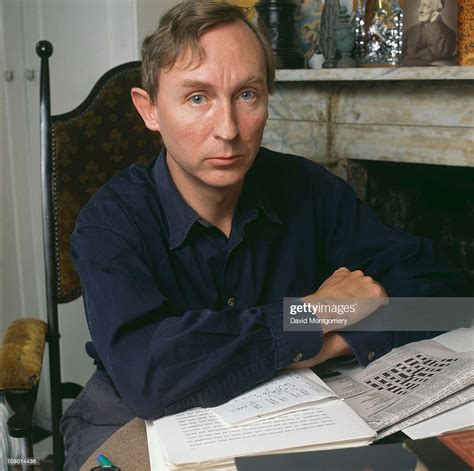A Quote by Pankaj Mishra
Economic disasters or foolish wars are hardly guaranteed to bring about large-scale individual self-examination or renew the appeal of truly participatory democracy.
Related Quotes
Given the scale of the ecological crisis we are facing this is the appropriate scale of expansion. Occupying the streets to bring about change as our ancestors have done before us. Only this kind of large-scale economic disruption can rapidly bring the government to the table to discuss our demands. We are prepared to risk it all for our futures.
When we talk about Cuban democracy we are referring to participatory democracy which is big difference with representative bourgeois democracy. Our is a democracy in which everything is consulted with the people; it is a democracy in which every aspect and important decision that has an impact in the life and society of the people, is done in consultation.
I have to say, I think that we are in some kind of final examination as to whether human beings now, with this capability to acquire information and to communicate, whether we're really qualified to take on the responsibility we're designed to be entrusted with. And this is not a matter of an examination of the types of governments, nothing to do with politics, nothing to do with economic systems. It has to do with the individual. Does the individual have the courage to really go along with the truth?
Cuba is not like bourgeois democracy the ones that imposes the blockade to make Cuba change. We have direct elections. Here they put people on a list and then tell the people supposedly what they have done so they can be elected. That is the difference and why we say our democracy is truly participatory and popular.
... placing economic activity in the context of the whole earth requires attention to the question of scale. Bigger is obviously not better, so the optimum scale of human economy in relation to the total economy becomes basically a question of sustainability. When the effects of the economy on the environment undercut the possibility of its own continuance, the scale is too large.
All efforts at self-transformation challenge us to engage in on-going, critical self-examination and reflection about feminist practice, and about how we live in the world. This individual commitment, when coupled with engagement in collective discussion, provides a space for critical feedback which strengthens our efforts to change and make ourselves anew.
To make a covenant with the Lord to always keep His commandments is a serious obligation, and to renew that covenant by partaking of the sacrament is equally serious. The solemn moments of thought while the sacrament is being served have great significance. They are moments of self-examination, introspection, self-discernment...a time to reflect and to resolve.






































